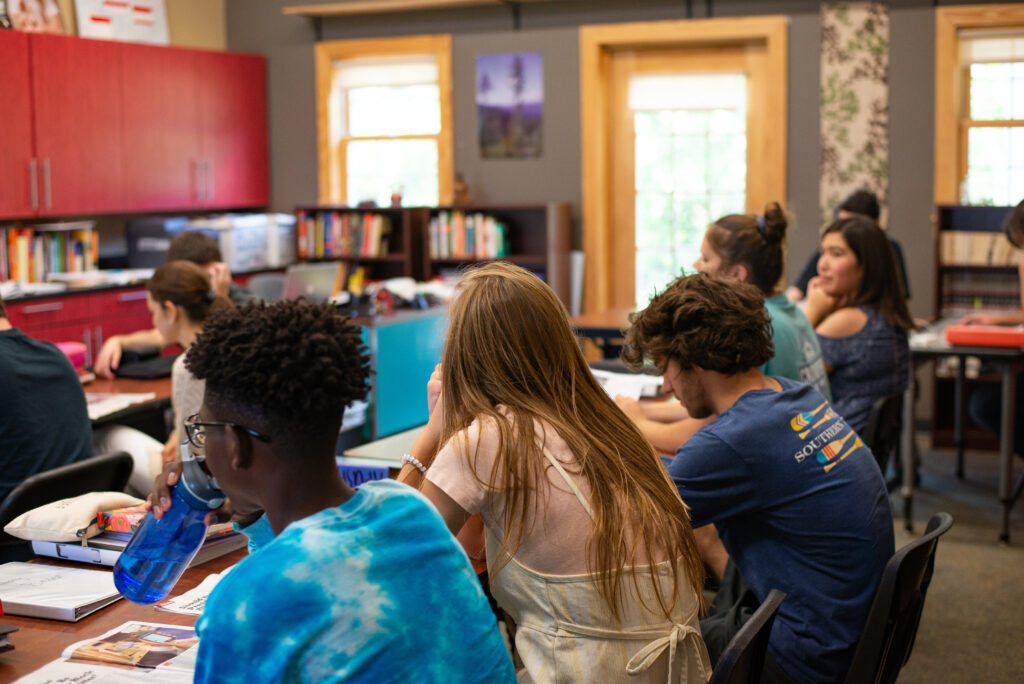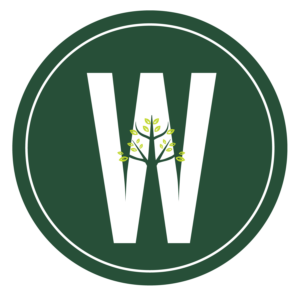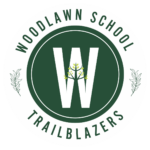DEVELOPING LIFELONG LEARNERS
SOCIAL CONSCIOUSNESS + RESPONSIBILITY
Understanding how to best tackle life skills can be tricky as a student navigates through these formative years. The life skills program is woven into the daily curriculum through social studies and language arts. Through literature, role play, and discussion, students learn tools to help them make smart decisions and adapt to change.
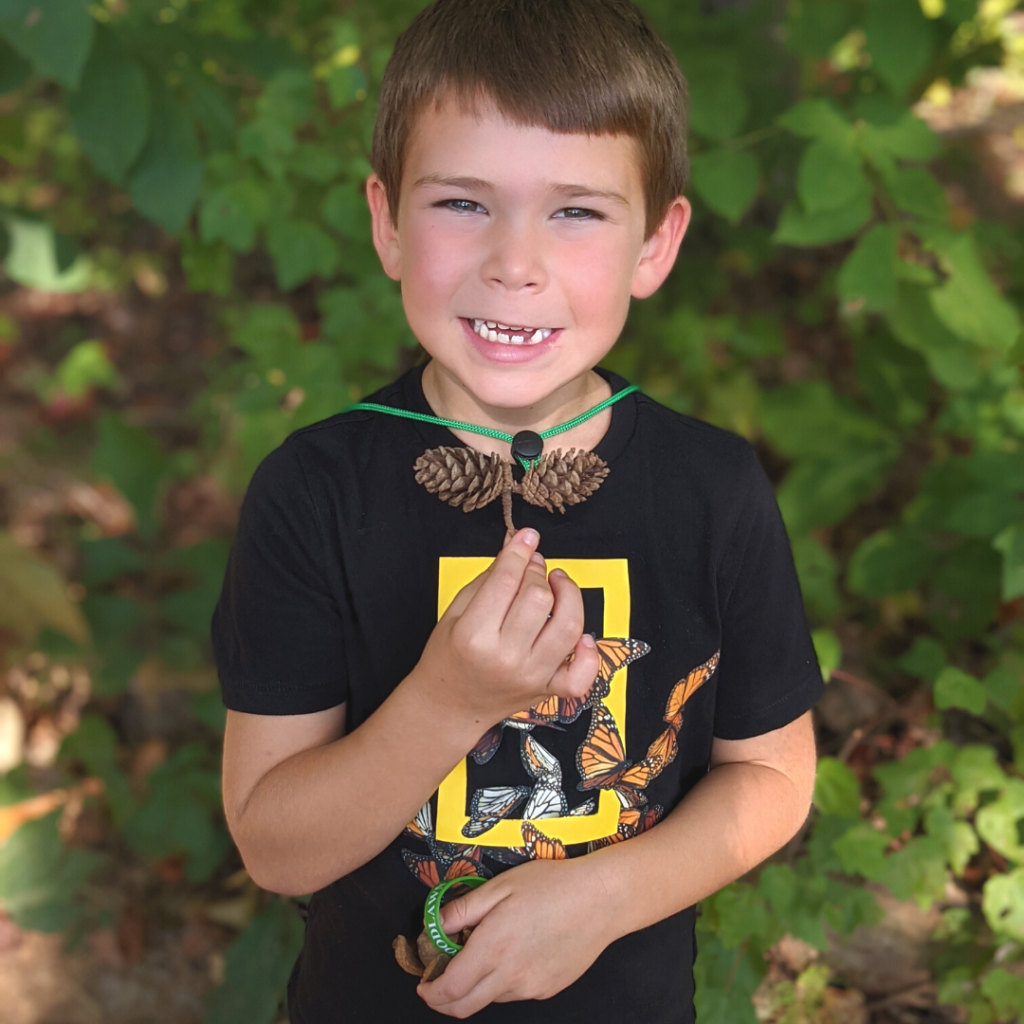
SENSE OF SELF
KINDERGARTEN
Appreciation for self, family and friends.
The Kindergarten life skills curriculum nurtures a sense of self and helps students gain an understanding for who they are as individuals. Kindergarten students learn to identify their feelings. They celebrate what makes them unique and discover how much they have in common with their peers. Once students develop a strong sense of self, they naturally begin to “step outside” of themselves in order to think of others like their family members, their friends, and even people in the community.
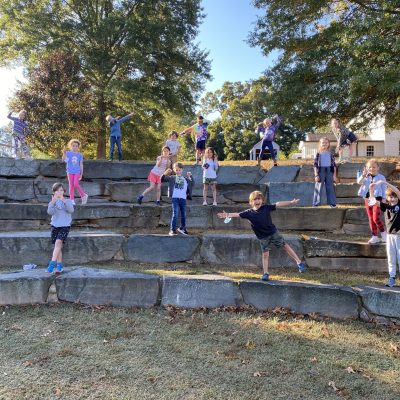
each person is unique
FIRST GRADE
Who am I? What makes me unique?
Like their Kindergarten counterparts, first grade students are genuinely observant. At this age, they begin to realize that each one of their peers is a unique individual. First graders recognize that their classmates have different hobbies and interests, and they learn to celebrate that each person is unique. This really is the first step toward helping students understand the importance of diversity. The process of making and keeping friends gives a child better understanding themselves and others and is the next developmental stage for a lower school student.
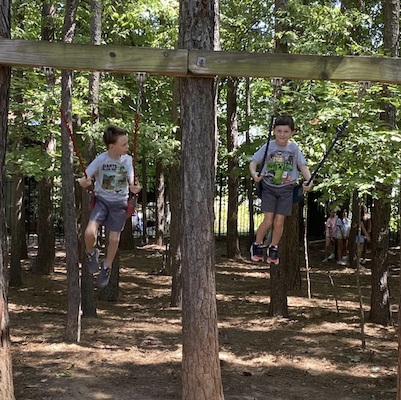
FRIENDSHIP
SECOND GRADE
What kind of friend am I? How can I be my best?
Friendship is best exemplified in the classic children’s literature book, Charlotte’s Web. While reading about the relationship between Wilbur the pig and Charlotte the spider, second graders learn to identify the role they play in a friendship and determine what they want out of a friendship. Students are given the tools they need in order to be the best friend they can be.
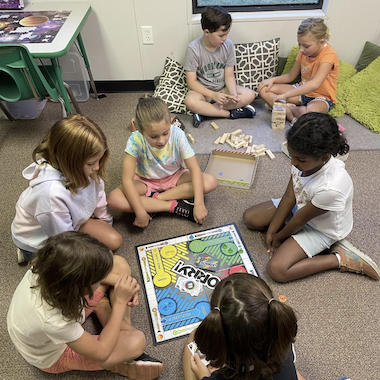
HOnesty + respect
THIRD GRADE
Developing a deeper understanding of people.
Moving forward in Lower School, students begin to focus less on themselves and more on how they can make a difference in the lives of others. Together they work as a class toward a common goal. Third graders develop a “Heart for Service” during their journey to develop a better understanding of people outside of their peer group. This core value is carried out each month at Fifth Street Ministries where students serve lunch at a homeless shelter. Students soon discover that there is much more to a person than what is on the outside. They realize everyone has a story and no one should ever “judge a book by its cover.” Empathy is the common thread that ties this third grade curriculum together, and it is when students begin to put the needs of others before their own.
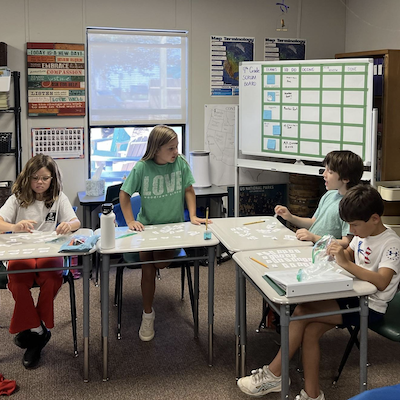
ROLE MODELING
FOURTH GRADE
How can I be a good role model?
Fourth grade students find themselves one step closer to finding out who they are and what’s most important to them. They are now at an age where they can identify with someone they call their role model. They learn to define a role model as someone you look up to or someone you want to be like. The fourth grade class spends their year applying this definition to the experience of being tutors/mentors to young children at Thomasboro Academy. Students begin to see the connection of themselves as role models to whom they should emulate and why.
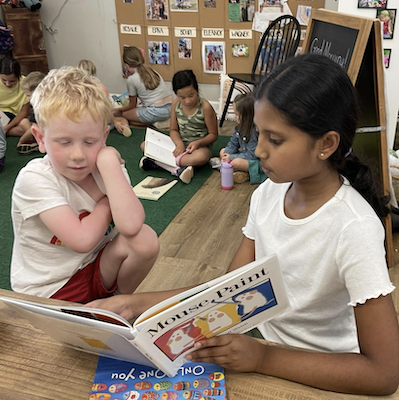
Leadership
FIFTH GRADE
Identifying a strong sense of self.
All of the life skills lessons taught up to this point culminate with a year of self awareness lessons and learning opportunities in fifth grade. Students must fully understand who they are, what are their strengths, and how they deal with challenges in order to become a leader. Once a fifth grader can accept themselves for who they are, they can then begin to identify their own personal leadership style. Whether it is planning and organizing a group task or presenting information in front of an audience, fifth grade students are given multiple opportunities to hone their skills as service leaders on campus and leaders within their class.
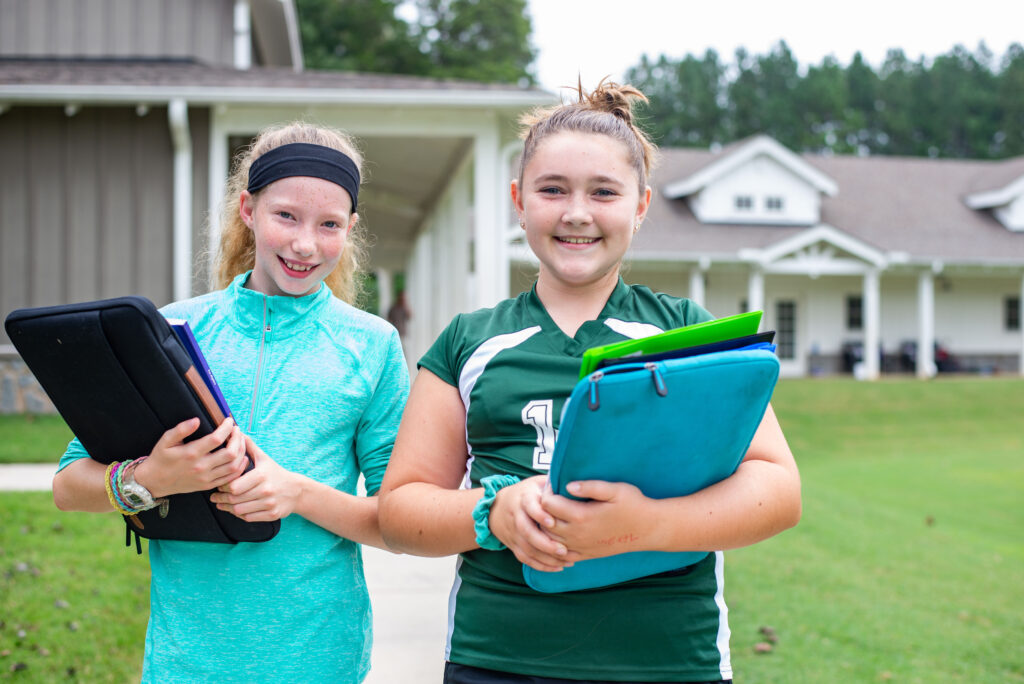
TACKLING LIFE SKILLS
MIDDLE SCHOOL
Understanding how to best tackle life skills can be tricky as adolescents navigate change during the Middle School years. Through weekly life skills classes, Middle School students discuss topics relevant to Middle School life. Through small and large group discussions and activities, students discover that the middle school years are a time of growth and change but that it can be a rewarding experience as they begin to discover who they are, what they believe in, and how important they are in this world.

WOODLAWN ALUMNI
After Terin graduated with a computer science degree from Yale University, he joined Google to work as a software engineer in San Francisco. He most recently began work as a software engineer at Recidiviz, a non-profit out of San Francisco. Terin joined Woodlawn as a fourth grader and says that being allowed to be curious about learning is what he loved most about Woodlawn. In his senior year, Terin was named a National Achievement Scholar, an award given to the top 800 Black American high school students by the National Merit Scholarship Corporation.
– Terin P-W. ’11
Yale University ’15 | Software Engineer at Recidiviz
LIFELONG LEARNERS
ACADEMICS
We go beyond mastering the fundamentals in each subject area by engaging our students in group discussions, in-depth research projects, presentations, and performances that connect the disciplines.
